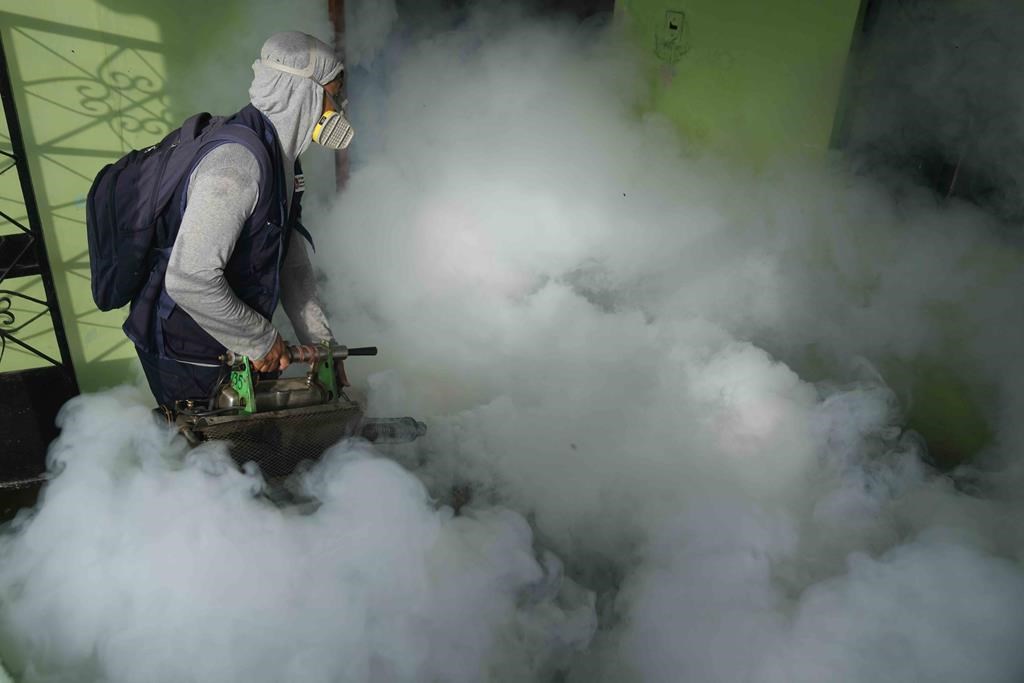
GENEVA, Switzerland – The World Health Organization on Wednesday authorized the use of a second dengue vaccine that could help protect millions of people worldwide from the mosquito-borne disease that has already caused several epidemics in the Americas this year.
The United Nations health agency said, in a statement issued on Wednesday, that it had approved the dengue vaccine manufactured by the Japanese pharmaceutical company Takeda, and recommended its use for children between the ages of 6 and 16 who live in areas with high rates of dengue fever. The two-dose vaccine protects against all four types of dengue.
Takeda's dengue vaccine, known as Qdenga, has already received the green light from the European Medicines Agency in 2022.
WHO approval now means donors and other UN agencies can purchase the vaccine for poor countries.
Studies have shown that the Takeda vaccine is 84% effective in preventing hospitalization of people with dengue fever and 61% effective in preventing symptoms.
It is “an important step in expanding global access to dengue vaccines,” said Rogério Gaspar, Director of Medicines and Vaccine Licensing at the World Health Organization. He said this is the second dengue vaccination authorized by the UN agency.
There is no specific treatment for dengue fever, which is the leading cause of severe illness and death in about 120 countries in Latin America and Asia. While about 80% of infections are mild, severe cases of dengue can lead to internal bleeding, organ failure and death.
Last week, the World Health Organization reported that there were 6.7 million suspected cases of dengue fever in the Americas, a 206% increase compared to the same period in 2023. In March, authorities in Rio de Janeiro declared a public health emergency due to an outbreak of dengue fever. Dengue The country has begun rolling out the Takeda vaccine, with the aim of vaccinating at least 3 million people.
Last year, the World Health Organization reported that dengue cases had increased tenfold over the past generation, and climate change and the increasing range of dengue-carrying mosquitoes were partly responsible for the spread of the disease.






